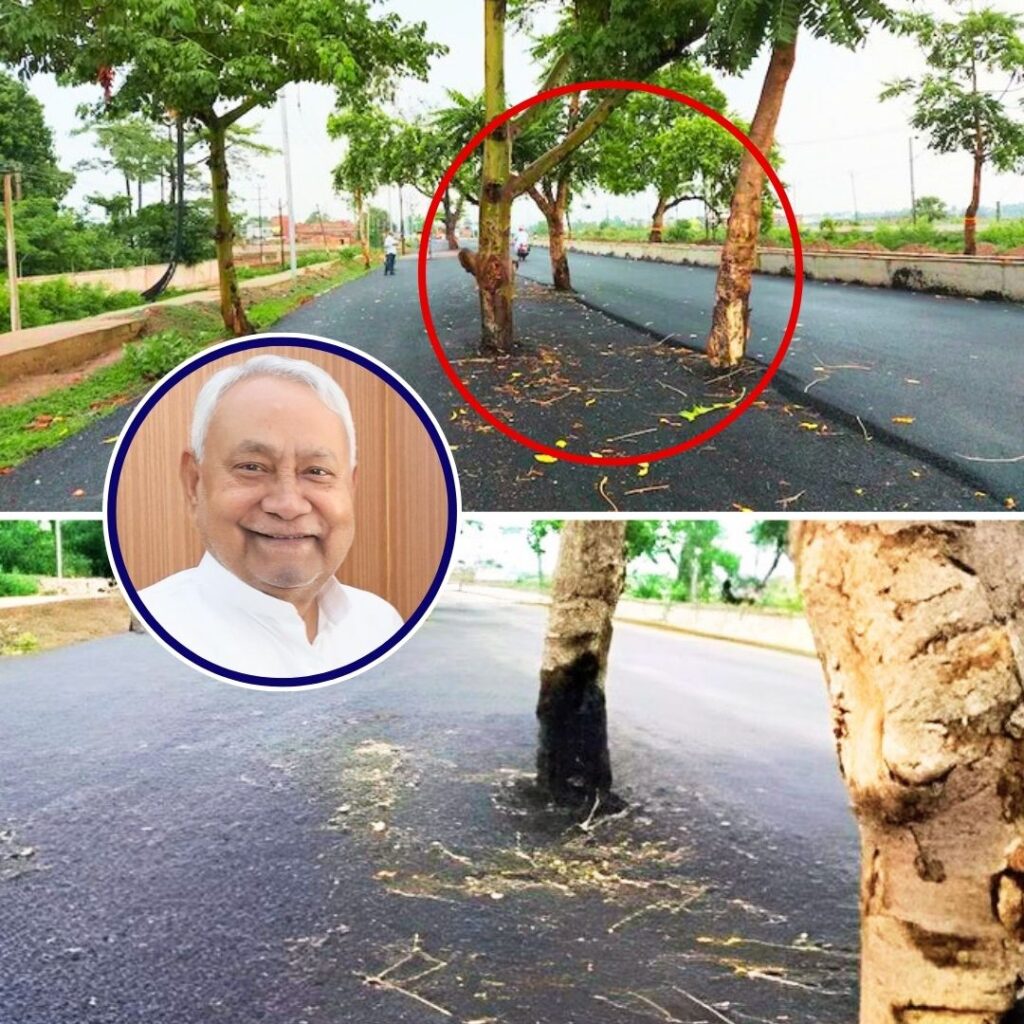In the era of technology and digital services, money transactions have been made easier between people and the bank. As technology expands, cyber frauds are increasing across the world. A resident of Noida Sector 12 has alleged that he was duped of Rs 6.80 lakh through UPI app, reported The Times of India.
The victim did not have a smartphone
Victims easily fall prey to these scams because of fraudsters impersonating executives of telecom companies or banks call under the false pretence of a routine call. According to 30-year-old Mohan Lal, the amount was carried out from his SBI account through UPI app consecutively by hackers in the past two months.
“It was on December 4 when I visited an ATM to withdraw some money, I found out the fraud. I then went to my bank branch in sector 2, only to learn that the money was transferred seven times from my account since September 29,” Lal said to The Times of India.
He also added that despite the financial transactions, he didn’t receive alert messages on his mobile and thought because he does not have a smartphone, he did not receive any alerts. The complaint had been lodged at Sector 20 police station, and then it was referred to the cyber cell.
How does the UPI fraud take place?
As per Gadgets Now, the cyber cell has termed UPI frauds as classic mobile swap fraud. Every bank account has a registered phone number, though the victims do not own a smartphone, they will have a designated name from the particular bank account.
As UPI needs a bank registered mobile number to function, by typing #99 on any mobile, the hackers can easily misuse that specific mobile number for UPI transaction. They even design fake banking apps to lure the users in downloading such apps. As per Times Now, to prevent such frauds, one needs to avoid sharing sensitive details of debit cards and credit cards such as OTP, UPI ID and PIN as this can allow hackers to steal your money. Never make transactions through unsecure gateways. If you receive suspicious calls or texts from unknown numbers, inform your telecom operator.
The Logical Indian Take
Though there are new threats with the expansion of technology, the phishing problem remains the same. There has been the rise in sim swap fraud cases. Recently, a Pune man was duped of Rs 93 lakh by a fraudster who impersonated an “airtel employee.” Earlier this year in July, a Delhi-based man lost Rs 13 lakh after a group of gangsters swapped his SIM and stole the money. Please beware and never share your confidential details with any stranger on the phone.
Also Read: Pune: Man Duped Of Rs 93 Lakh After Sharing SIM Details With ‘Airtel Employee’ Over Phone











